My weekly profound thoughts:
What is sin?
That seems like an odd question because we all have a pretty good idea of the answer. We sin when we break God’s law. It’s not when we do “sinful” things, but rather it is rejecting God’s laws.
When human beings are innocent–without the knowledge of good and evil–there is no sin. This is why we smile at children who unknowingly commit morally undesirable deeds. We can even find such acts amusing while correcting their behavior. Who hasn’t laughed at a child who has broken a social norm or committed what would be a sin in an adult?
I was led to this train of thought by one of my cats running up to Margaret and me to proudly display a sparrow he had caught. His brothers all heard the commotion he made and rushed over to admire his hunting skills while the poor bird struggled in its death throws. They wanted to play with it while it was still moving.
As grossed out as I was and as sorry as I felt for the bird, it would never occur to me to think that Turtle had done something wrong. In fact, one of the charms of cats is their “hunting” their toys and watching them chase around after the simulated prey. They are predators, and we are attracted to their predatory behavior, although when it results in the actual death of a bird or rodent we often turn away in disgust.
It is our knowledge of pain and death that makes sin terrifying, and the results of a hunt disquieting to the softer among us (like me). We are attracted and repelled at the same time.
Losing our innocence is a natural consequence of growing up, and as in the story of Adam and Eve the loss of innocence is a tragedy. We discover shame, the necessary limits on appetites, and a sense of good and evil.
Most civilizations are sustained by parents and communities teaching children to control their appetites as they become rational and capable of understanding sin. This is what social norms, religious instruction, and moral formation are for: to teach rules of behavior that turn us away from cruelty and sin as we come to understand why we should and that there is a right and a wrong way to behave.
The loss of innocence and the discovery of good and evil go together. Or should.
The postmodern revolt against social norms and religion is, at base, an attempt to deny the loss of innocence that comes from eating the fruit from the tree of knowledge. The revolt against social norms is a rejection of the idea that human beings are no longer innocent.
In other words, alphabet ideologists don’t believe in the concept of sin, and the one thing above others that cannot be allowed is the assertion that God’s laws exist and that human desires should be suppressed when they violate those laws. Every bodily desire–gluttony, or the exercise of unlimited sexual liberty for instance–must be indulged, and any attempt to denigrate the indulgence in those desires must be rejected and ridiculed.
It is, perversely, an attempt to recreate innocence in the world. To simply deny that the Fall ever happened. There is no sin because we simply are who we are, and who we are is expressed in our thoughts and desires which by definition are the ultimate good.
This belief, I think, is why the alphabet people are simultaneously the least judgmental toward perversions and disgusting desires and yet the most tyrannical against anybody who judges others’ expression of their appetites. They see our judgment as oppression.
It’s hard to see how, with the decline of Judeo-Christian morality as the central truth in Western culture, the slide into this perverse form of atheism can be avoided. It’s not that atheists are more inclined to be immoral–in my experience, most atheists are as intent on being good and decent people and are no more likely to be bad people than a lot of Christians I know.
Most atheists have not rejected the concept of good and evil…yet.
No, the problem is that there is no solid moral ground on which atheists can stand. The Judeo-Christian tradition provides very bright lines beyond which you cannot go, and we are left to argue the specifics of various behaviors and just how bad an act might be. When atheists are challenged regarding why some behavior is considered wrong they find themselves often on a slippery slope with no solid ground. (That’s not to say that Christians and Jews can’t fall into the same traps, as many clearly do).
This is how you get kids showing up at sexualized drag shows. The decline happened slowly at first, then all at once because…why not? Who are we to judge people being who they are? We must embrace them!
One of the fundamental arguments we are engaged in is this: what is innocence? The alphabet people think our carnal desires are essentially innocent and that societal restrictions on our appetites are the greatest evil.
The foundational idea of Western society is that man is fallen and that our carnal desires lead us into sin.
There is no compromise to be had here because our fundamental views of humanity are opposed.
And this is why we can now find opinions like this in mainstream newspapers:
The far right’s fixation on pedophilia is dangerous https://t.co/ZDwKY9Bg4U
— The Globe and Mail (@globeandmail) August 11, 2023
With that sobering thought, we go on to the funnies:



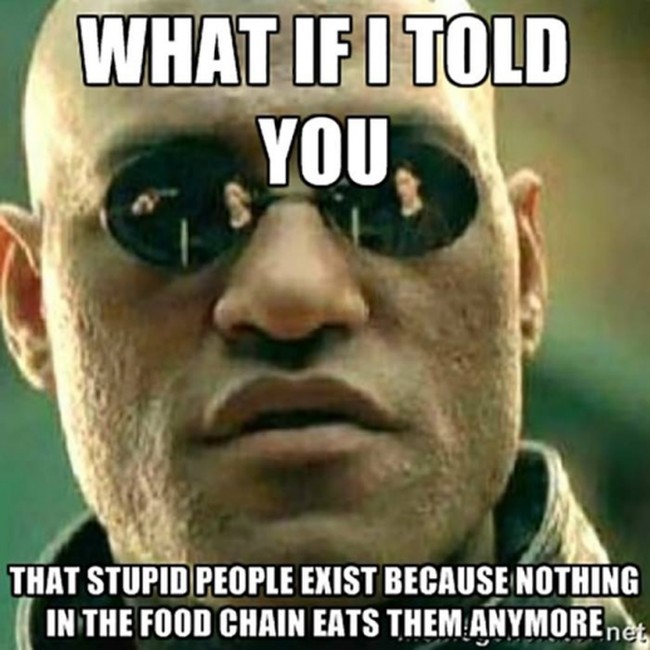
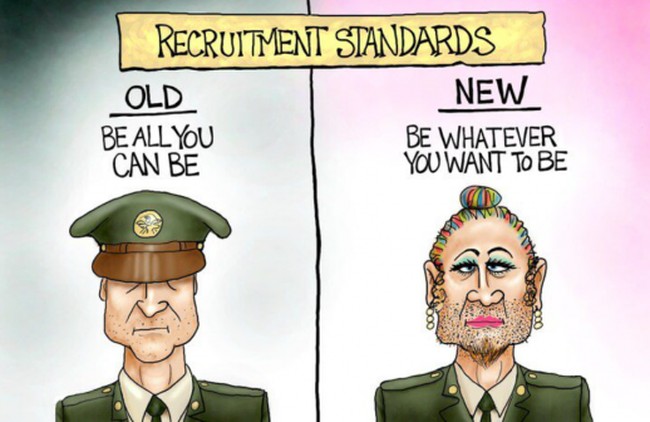
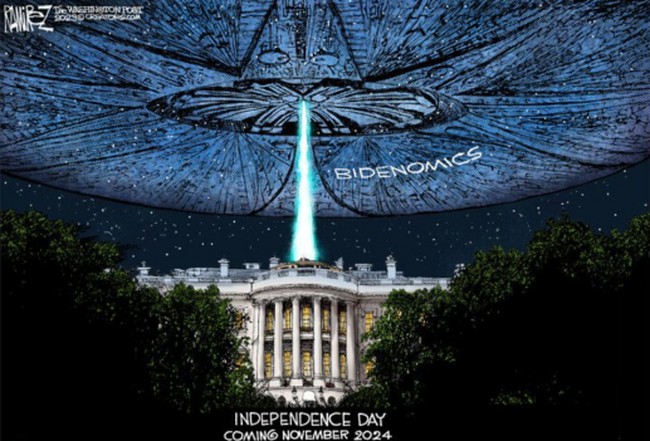



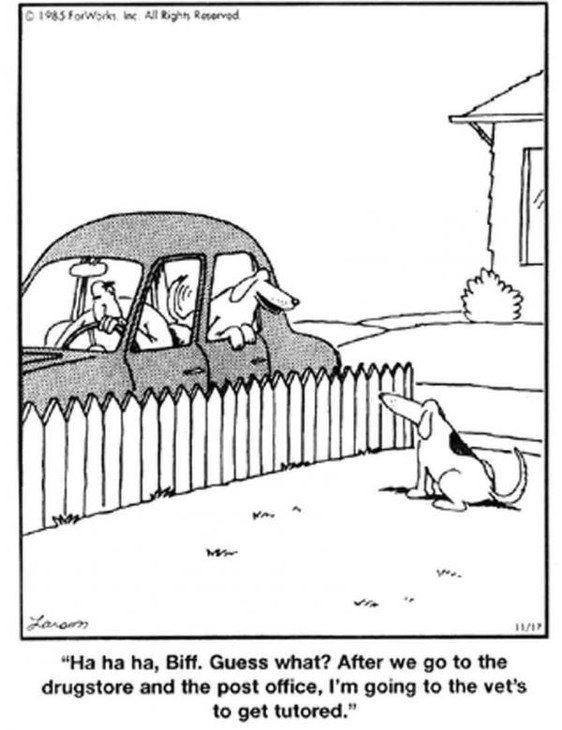


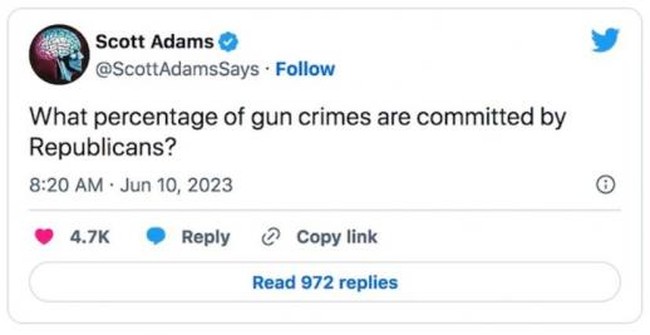
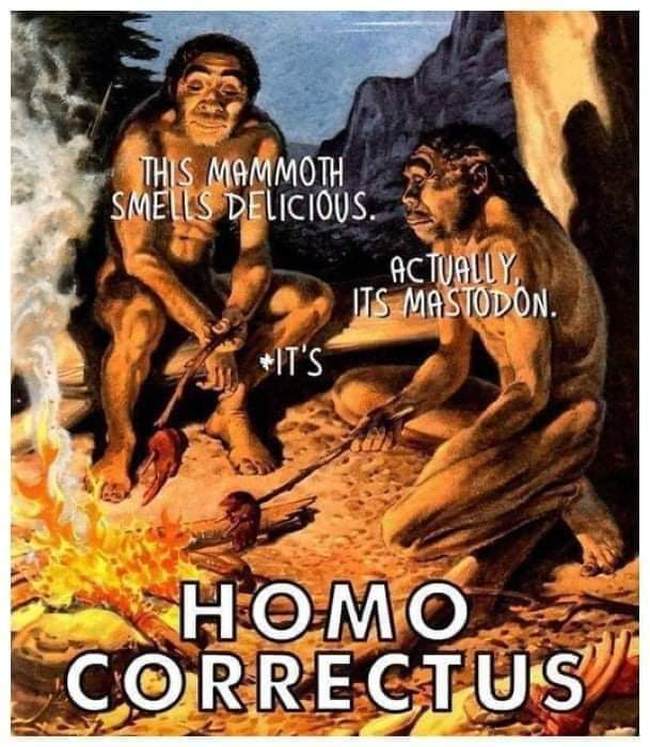

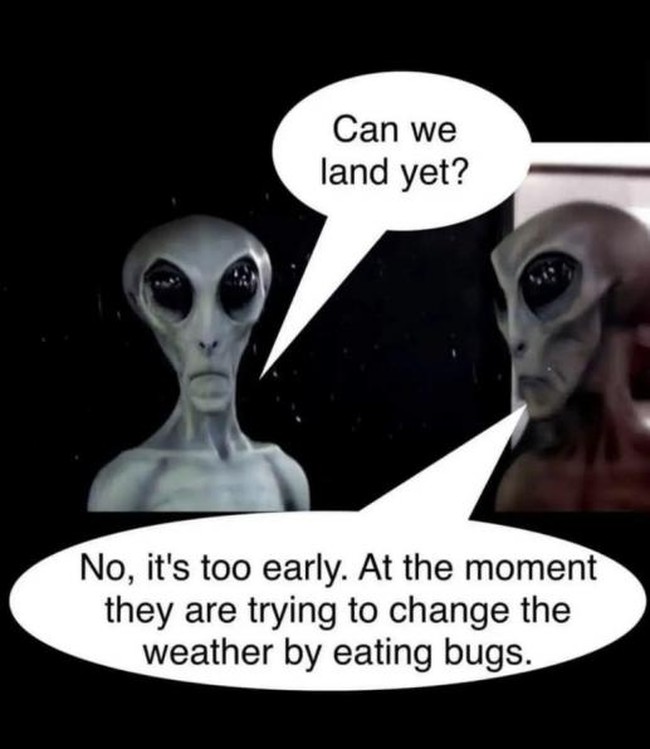



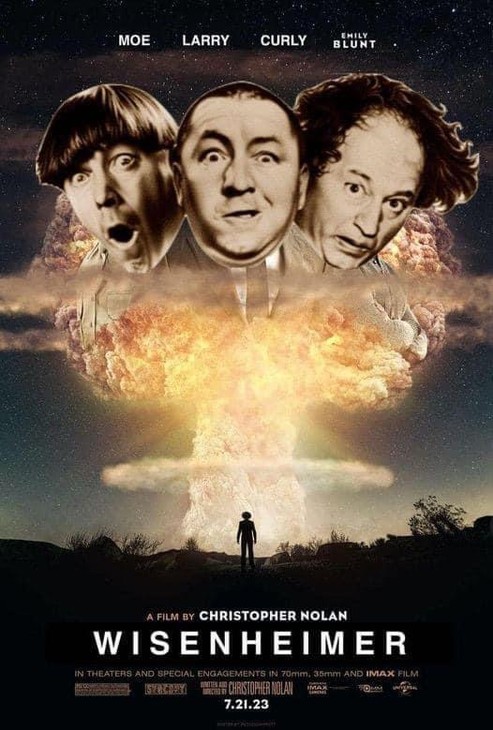

















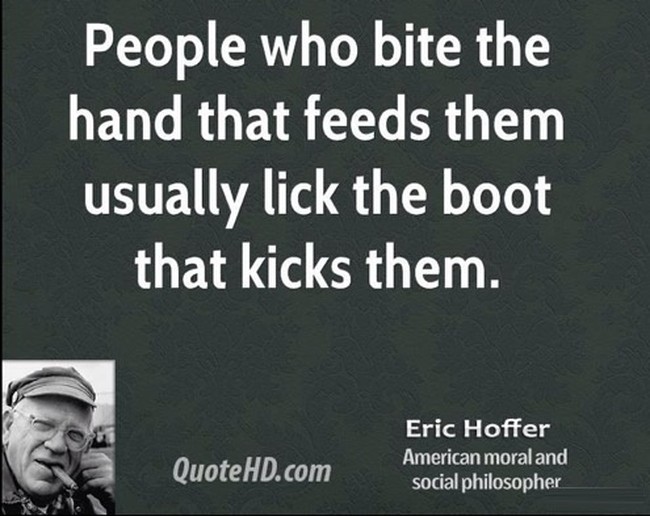










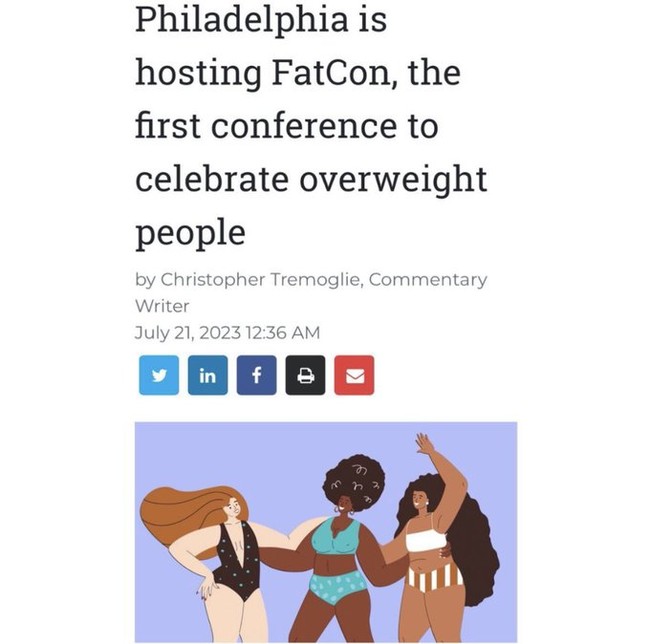













I love the Babylon Bee:
Global Warming Mysteriously Spikes Every Year Between June And August, Experts Say https://t.co/nQsYNPLPcc pic.twitter.com/d5rgSUP0YE
— The Babylon Bee (@TheBabylonBee) August 12, 2023
Trump Charged With Questioning Election Results While Not Being A Democrat https://t.co/8wfrHS0B1u pic.twitter.com/vx51tIDqXP
— The Babylon Bee (@TheBabylonBee) August 12, 2023
A.I. Transformed Into Illiterate Moron After Just Three Hours Watching CNN https://t.co/WncsuVctF4 pic.twitter.com/aAvLbPQ9bP
— The Babylon Bee (@TheBabylonBee) August 12, 2023
M&Ms Introduce First Trans Character Who Identifies As A Skittle pic.twitter.com/Kv7Sj5X8ET
— The Babylon Bee (@TheBabylonBee) August 12, 2023
Garland Appoints Special Counsel To Cover Up Biden's Crimes https://t.co/eNnmwiyPBh pic.twitter.com/hm5CBEXCsY
— The Babylon Bee (@TheBabylonBee) August 11, 2023
Disaster Relief Plane Flies Over Hawaii On Way To Ukraine https://t.co/lbFcW4MxaW pic.twitter.com/Dlpz0cJZep
— The Babylon Bee (@TheBabylonBee) August 11, 2023
Chicago Mayor Says That Due To Negative Connotations We Should Stop Using The Word 'Chicago' https://t.co/4PsR6nIae4 pic.twitter.com/sMVu66HGUT
— The Babylon Bee (@TheBabylonBee) August 12, 2023
— The Babylon Bee (@TheBabylonBee) August 12, 2023
Pfizer Releases Brand New, Never-Before-Seen Drug 'Pfivermectin' https://t.co/TNPH0hHsa0 pic.twitter.com/9uPzLohY6d
— The Babylon Bee (@TheBabylonBee) August 12, 2023
Strong, Independent Woman Accompanies Strong, Independent Woman To Restroom https://t.co/9nvO0F98La pic.twitter.com/hdGNZT5Ls3
— The Babylon Bee (@TheBabylonBee) August 12, 2023
Studies Show Everyone At The Beach Absolutely Wants To Listen To Your Crappy Music So Crank That Baby Up https://t.co/PNUlxaJSCv pic.twitter.com/zjN4cXFooB
— The Babylon Bee (@TheBabylonBee) August 11, 2023
UPS Updates Driver Uniforms To Include Top Hat, Monocle https://t.co/wjfdNUts2C pic.twitter.com/a6jVmQPyTk
— The Babylon Bee (@TheBabylonBee) August 11, 2023
Biden Announces By 2025 All Wildfires Must Be Electric https://t.co/lmgbfpIzO7 pic.twitter.com/nvmv9gGLgR
— The Babylon Bee (@TheBabylonBee) August 10, 2023
Hawaii Officials Ask Whoever Stole Ancient Fire God Tiki Statue To Please Return It ASAP https://t.co/xlMJGHpbhw pic.twitter.com/vs4D0s1LwM
— The Babylon Bee (@TheBabylonBee) August 11, 2023
God Moved To FBI Watch List After Pro-Life Comments Surface https://t.co/F3u8hbFDjl pic.twitter.com/m00DfA0zSF
— The Babylon Bee (@TheBabylonBee) August 11, 2023
Colt Releases New Airhorn Modification For AR-15 https://t.co/9MCraZlUEu pic.twitter.com/wQBloaHIS7
— The Babylon Bee (@TheBabylonBee) August 10, 2023
Interesting things I found around the web:
Railway line refurbishment process pic.twitter.com/iftrRqMPaZ
— INVENTION (@enginven) August 9, 2023
The timing of a panda.. 😂 pic.twitter.com/KOELAsXJ4n
— Buitengebieden (@buitengebieden) August 9, 2023
Momentum cancellation: a ball fired at 50 mph out of a cannon from a truck going exactly at 50 mph in the opposite direction, has its velocity (and therefore momentum) cancelled
[full video, MythBusters: https://t.co/fKCVCP39m2]pic.twitter.com/VtCbXy6brt
— Massimo (@Rainmaker1973) August 1, 2023
Echo is a reflection of sound that arrives at the listener with a delay after the direct sound. Musician and sculptor Armin Küpper found how to take advantage of it playing his saxophone into a huge gas pipe
[📹 https://t.co/k53xIGPy0E]pic.twitter.com/O9kva86pI1
— Massimo (@Rainmaker1973) August 1, 2023
I'm not done yet..🐈🐾🍼😅 pic.twitter.com/Z8v6BybpZn
— 𝕐o̴g̴ (@Yoda4ever) August 5, 2023
Kitten discovered its tail.. 😅 pic.twitter.com/pI13ZoKTku
— Buitengebieden (@buitengebieden) August 2, 2023
Cats are weird.. 😂 pic.twitter.com/OF8F42PuHX
— Buitengebieden (@buitengebieden) August 6, 2023
Mommy cat showing her baby to her dog friend.. 😊 pic.twitter.com/xFrPY67Mzq
— Buitengebieden (@buitengebieden) July 31, 2023







Join the conversation as a VIP Member